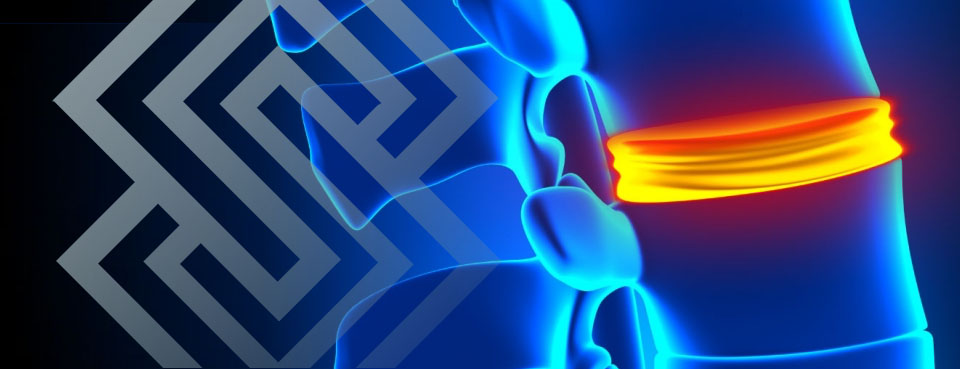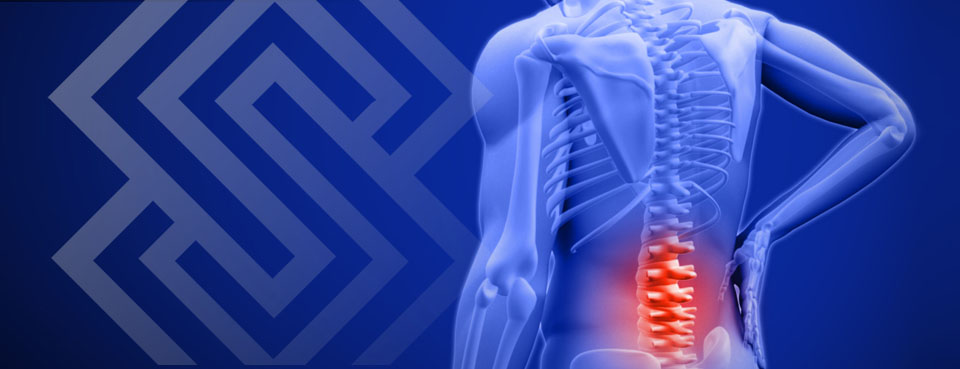Degenerative Joint Disease
Joints facilitates movement and provide stability. Cartilage supports bones, adding cushion and preventing them from grinding. Joints bear a large amount of body weight and are strained throughout a person’s life. Joints are highly susceptible to gradual deterioration and injuries.Degenerative joint disease, or osteoarthritis, is a disorder where cartilage becomes inflamed, wears down and is gradually lost. Degenerative joint disease is very common with adults over 65 suffering significant degenerative joint disease.
Degenerative joint disease usually becomes worse over time without treatment and can effect all joints. By actively addressing osteoarthritis, symptoms can be eliminated or alleviated and the prevention of the development of other conditions can occur.
Degenerative Joint Disease Causes
Age is the primary cause for degenerative joint disease. Other factors can also cause and/or accelerate osteoarthritis including:• Repetitive lifting of heavy objects and/or strenuous movements.
• Congenital defects that cause joint malformation at birth or during periods of growth during adolescence.
• Genetic conditions.
• Women are more susceptible to osteoarthritis.
• Sudden high-impact injuries or trauma experienced during a car accident or from sports activities.
• Obesity.
• Lethargic lifestyles and regular inactivity.
• Smoking.
• Inadequate diet causing chronic malnutrition.
/h5>Degenerative Joint Disease Symptoms Degenerative joint disease can develop over many years prior to the development of painful symptoms that cause a patient to seek medical care and a diagnosis. Symptoms of osteoarthritis can include:
• Pain and stiffness around affected areas, with stronger pain in the morning or after periods of inactivity.
• Swelling, redness and tenderness localized in effected areas.
• Limited mobility and difficulty with daily, non-physically stressful, activities such as eating with utensils or putting on shoes.
• Bone spurs.
• A feeling of bones or ligaments grating while moving a joint.
It is possible for osteoarthritis to lead to numerous, further joint-related conditions that may include spinal stenosis, herniated discs and even fractures. If a case of degenerative joint disease has progressed, several symptoms can occur such as back pain, muscle weakness and fatigue.
Notice:
This advertisement has been provided for informational purposes only and should not be used as a substitute for medical treatment or an actual diagnosis. If you are experiencing pain that may be associated with back or neck disorders you should seek the care of a doctor as soon as possible or immediately if your symptoms are accompanied by incontinence / loss of bladder or bowel control, as these may be signs of life threatening condition.

